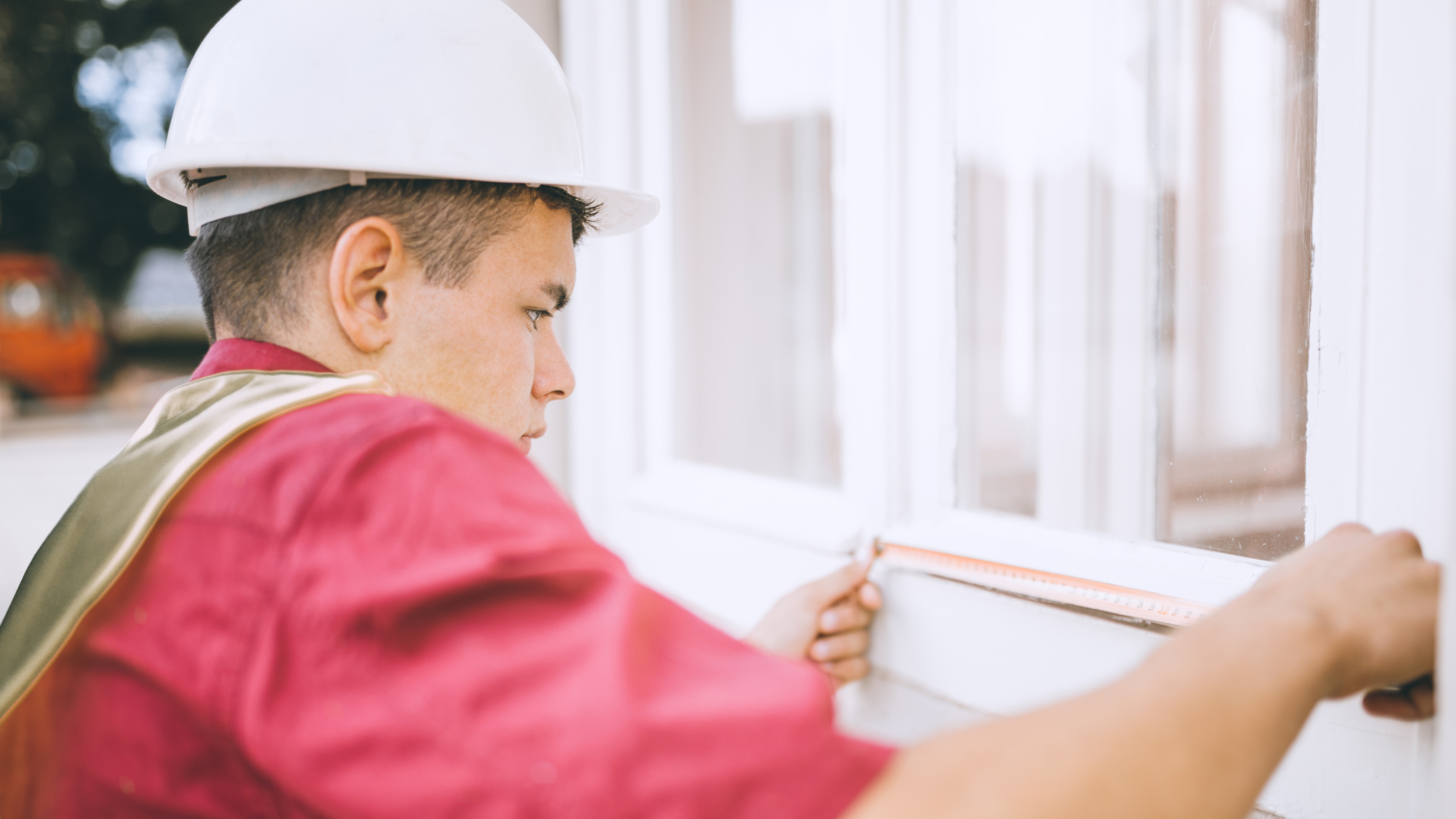What is a FENSA Certificate? And why you need one when replacing your windows
Just what is a FENSA certificate and do you need one? We have all the answers you need, including what you should do if you don't have one

Exactly what is a FENSA certificate and is this something you need to obtain when building or renovating a house?
FENSA stands for 'The Fenestration Self Assessment Scheme' and is something that was started by the government when they initiated the updated Building Regulations for double glazing in 2002. The regs cover replacement windows and no matter what new window styles you are considering, you should make yourself familiar with them and what they mean for you.
There are all kinds of certificates and sign-offs you need to be aware of when completing any type of house project, although some are more important than others. The key thing is knowing which regulations you need to comply with and which documents you will need in order to prove you have done everything by the book.
Here, we take a look at FENSA certificates, explain what they are, why you need one, and what you should do if you have failed to get your hands on one.
What is a FENSA certificate?
A FENSA certificate is a document that says the installer of your windows and doors has carried out the works in order to comply with Building Regulations. In addition, the certificate is also proof that the work carried out has been registered with your local council. Both are legal requirements and proof of this will be needed when it comes to selling your house.
In the case of FENSA certificates issued after 6th June 2014, they also act as proof that the warranty provided by your installer is insured — good to know should the company you used go out of business.
What is FENSA?
FENSA is a government initiated scheme that covers and monitors Building Regulations compliance for the replacement of windows and doors in England and Wales.
FENSA was actually the first of the government's 'Competent Person Schemes'. Basically, FENSA have a register of accredited double glazing installers that allows homeowners to feel confident that by choosing from this list the work they have carried out will meet all the required Building Regulations and come with an insurance-backed warranty.
Is a FENSA certificate a legal requirement?
Not necessarily — but if you don't have one, and your windows were replaced after 1st April 2002, then you will need a Building Regulations certificate instead to prove that your windows and doors legally comply with the regs. It is illegal to have neither of these certificates.
Do new homes and extensions need a FENSA certificate?
No, FENSA cover replacement windows and doors (as well as rooflights) and do not cover any of the following:
- New builds
- Extensions
- Conservatories
- Porches
- Window repairs
How do I get a Fensa certificate?
You will only get a FENSA certificate if you use a FENSA-approved installer to replace your windows or doors. They will issue you with one on completing the work and should not charge extra for doing so. Sometimes, certificates can take up to four weeks to be issued.
If you use a non-FENSA registered installer, they will need to apply to your local building control department to obtain a Building Regulations certificate.
What if I never got a FENSA Certificate?
While this is not an ideal situation, don't panic. It is not unusual that homeowners hear about FENSA certificates for the first time when they come to sell their house and are asked by their buyer's solicitors to provide one.
If you don't have one, you have two options:
- 1. Apply for a retrospective Building Regulations compliance certificate from your local authority. Be aware that this can cost several hundreds of pounds and take time. In addition, should building control decide the work doesn't meet regulations, they can ask for it to be altered or removed.
- 2. Take out double glazing Building Regulations indemnity insurance: This is only an option if the work was completed more than a year ago.
What is indemnity insurance?
Many people who have no FENSA certificate instead choose to take out double glazing indemnity insurance for windows and doors — providing the installation was completed more than one year ago.
This type of insurance will protect you against any financial loss should your local authority decide work was not carried out in accordance with the Building Regs and enforce alterations or the removal of the double glazing.
Indemnity insurance tends to cost between £80 – £500, depending on the scope of the alterations.
How much does a FENSA certificate cost?
If you have used a FENSA-registered installer, they shouldn't charge you anything for your certificate — it will just have been accounted for in your quote.
If you have lost your certificate, a replacement costs £25 and can be ordered from online directly from FENSA.
Get the Homebuilding & Renovating Newsletter
Bring your dream home to life with expert advice, how to guides and design inspiration. Sign up for our newsletter and get two free tickets to a Homebuilding & Renovating Show near you.
Natasha was Homebuilding & Renovating’s Associate Content Editor and was a member of the Homebuilding team for over two decades. In her role on Homebuilding & Renovating she imparted her knowledge on a wide range of renovation topics, from window condensation to renovating bathrooms, to removing walls and adding an extension. She continues to write for Homebuilding on these topics, and more. An experienced journalist and renovation expert, she also writes for a number of other homes titles, including Homes & Gardens and Ideal Homes. Over the years Natasha has renovated and carried out a side extension to a Victorian terrace. She is currently living in the rural Edwardian cottage she renovated and extended on a largely DIY basis, living on site for the duration of the project.

